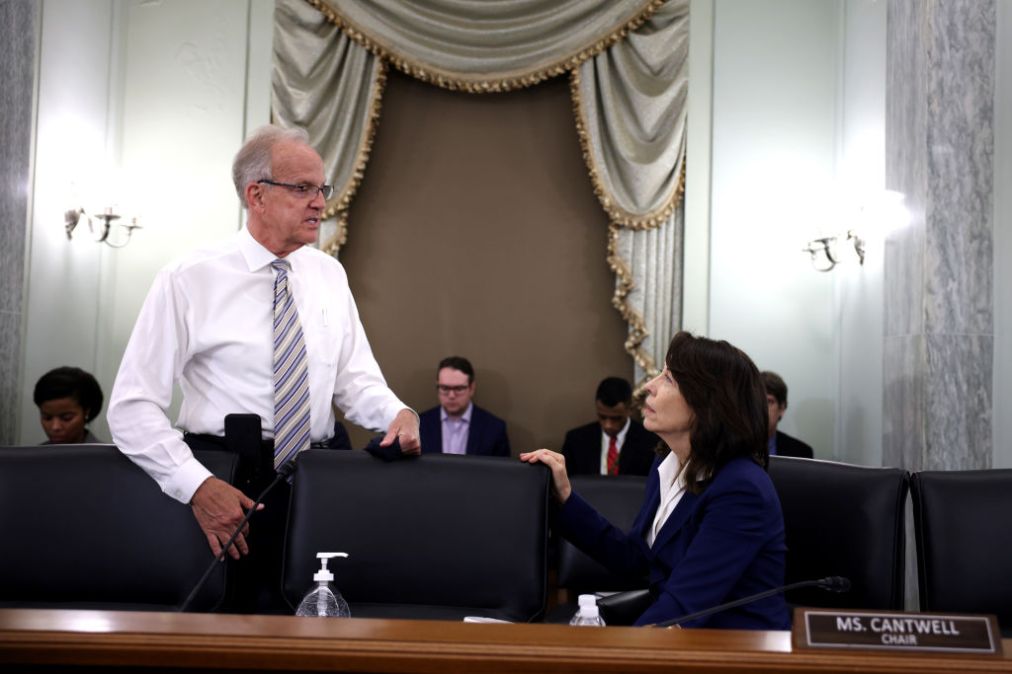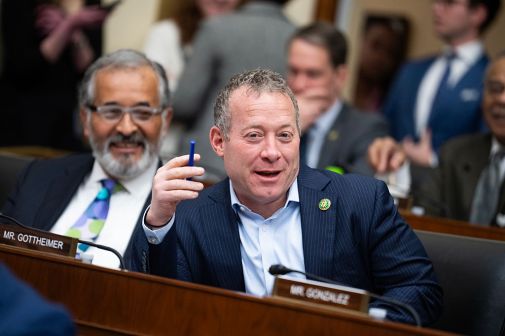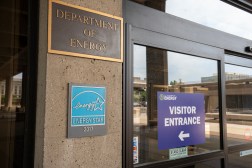Bipartisan Senate bill calls on NSF to boost AI and quantum education

A new bipartisan Senate bill would authorize the National Science Foundation to award scholarships to undergraduate and graduate students to study artificial intelligence and quantum, in addition to supporting AI resources for K-12 students and upskilling workers.
The NSF AI Education Act of 2024, introduced Thursday by Sens. Jerry Moran, R-Kan., and Maria Cantwell, D-Wash., supports investments in science, technology, engineering and mathematics education, part of an effort to “help make certain the U.S. is an AI leader in the next century,” Moran said in a press release.
The legislation would not only authorize NSF to grant fellowships and scholarships within AI and quantum education — along with awarding fellowships for professional development — but would also allow the agency to conduct an outreach campaign throughout the nation that increases awareness of its educational opportunities. The campaign would prioritize outreach to “rural and underserved areas,” per the bill summary.
“Demand for AI expertise is already high and will continue to grow,” Cantwell said in the release. “This bill will open doors to AI for students at all levels and upskill our workforce to drive American tech innovation entrepreneurship and progress in solving the toughest global challenges.”
The bill would also direct NSF to create publicly available playbooks about introducing AI into classrooms for pre-K through 12th-grade students, with “consideration for rural and economically depressed areas.”
NSF would also be granted authorization to hold a grand challenge for AI education and training that would include strategies for upskilling 1 million workers in the United States. in AI-related areas by 2028. Bipartisan Senate legislation released earlier this month also charges NSF with administering a grand challenge, with $1 million prizes awarded for innovations in AI.
The bill from Moran and Cantwell also calls for related frameworks that “promote increasing the number of women who receive AI education and training” and ensure that “rural areas of the United States are able to benefit from artificial intelligence education and training.”
“Artificial intelligence has tremendous potential, but it will require a skilled and capable workforce to unlock its capabilities,” Moran said. “If we want to fully understand AI and remain globally competitive, we must invest in the future workforce today.”






